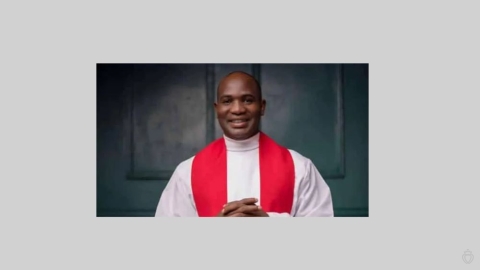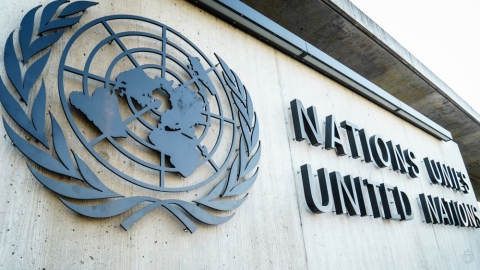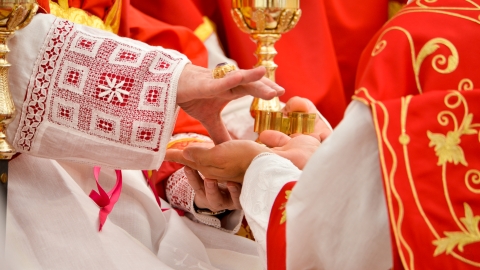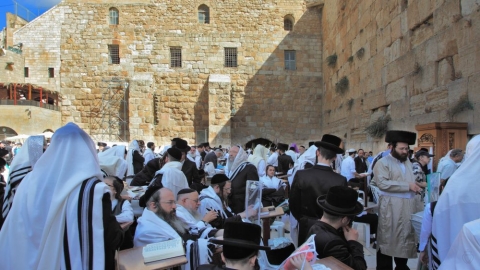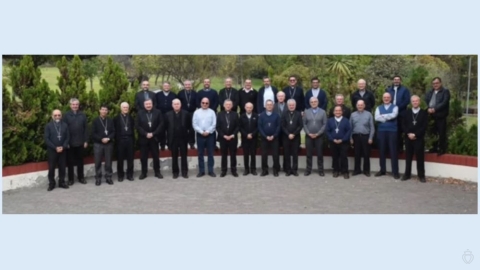France: Rome Requests a “Fraternal Visit” to the Diocese of Bayonne

Bayonne Cathedral
The website of the Diocese of Bayonne-Lescar-Oloron has published a press release signed by its bishop, Marc Aillet, announcing a “fraternal visit” to the diocese. Signed on May 27, 2024, the release specifies that this visit will take place in early June and early July.
Bishop Aillet explains that “following the ‘fraternal visit’ to our two seminaries last winter by Msgr. Jean-Marc Micas, Bishop of Tarbes and Lourdes” the diocese will in turn receive such a ‘fraternal visit’.” It will be led by Archbishop of Dijon, Antoine Hérouard “who will meet the bishop, his clerical and lay collaborators, as well as those who have diocesan responsibilities.”
In the La Croix newspaper, Hérouard specifies that there are two kinds of visits: “fraternal visits and apostolic visits.” The second targets an identified or targeted problem, to enable solutions or decisions to be put in place by the Holy See. But a “fraternal” visit follows a certain number of letters and complaints from the faithful, to discern their merits.
And he added that a fraternal visit “is much less restrictive than an apostolic visit.” It should also be noted that this is the same bishop of Dijon who had been commissioned by Rome, in the company of Bishop Joël Mercier, secretary of the Dicastery for the clergy, to carry out the apostolic visitation of the diocese of Fréjus-Toulon, led by Bishop Dominique Rey.
Hypotheses
Some newspapers comment on the news by speaking of a “sectarian drift,” such as France Bleu, and affirm that “several believers complain of a too strict and rigorous reading of the Bible” and the taking of what are considered to be backward positions.
Archbishop Hérouard further specifies in La Croix that the file on the Alliance Coeurs Unis – an association of faithful that Aillet supports pastorally – “will be among the subjects examined,” but he refuses to say whether it was one of the elements that motivated the visit. The visitor will simply try to “understand how the bishop positioned himself in relation to this question.”
In short, this Alliance was denounced by an article in La Croix in October 2022. The bishop then had an investigation carried out by a Dominican, who, after a year of investigation, did not “find any negative facts.” As for the “reports regarding the sectarian drift of the episcopate” reported by La Croix, the case is closed according to Jean-Luc Brunin, head of the group.
It remains for a serious investigation to be carried out from a theological point of view into the so-called “revelations” of the founder and honorary president of the association.
One Certainty: A Conservative Bishop
The Bishop of Bayonne has repeatedly attacked abortion and its macabre statistics. Thus, on January 12, 2016, he published a tweet showing the irrationality of the government claiming on the one hand to “defend citizens against Daesh,” and on the other hand engaging “in a pro-abortion campaign condemning innocent people to death.”
Hardly taken to task even by the Minister of Health, he hit the nail on the head on January 24: “Can we remain insensitive in the face of these 220,000 unborn children, literally crushed in their mother's womb, every year in France?”
In February 2021, questioned by the magazine France Catholique, on the subject of a debate which primarily focused on Islam, the French prelate recalled that “the law of God cannot be submitted to the Republic.” And he added: “the law of God is inscribed in the conscience of man, it does not replace human law, but it constitutes its ultimate measure.”
On December 29, 2023, the Bishop of Bayonne published a long note on the Fiducia supplicans Declaration, introducing a tight theological discussion on the text by the Dicastery for the Doctrine of the Faith (DDF). He sees the “blessing” of irregular couples to be in contradiction with the notion of sacramental. He notes the deep ambiguity of the term “couple,” which is not theological.
He also notes the absence of any judgment on homosexual relations, and the forgetting that moral theology teaches that there are intrinsically evil acts - such as homosexual relations - and finally that one cannot oppose pastoral and doctrine. So many elements which show the theological poverty of the DDF document. He concludes by rejecting the text for his diocese.
Related Article:
(Sources : La Croix/Franceinfo/France Bleu/Le Salon Beige/diocese64 – FSSPX.Actualités)
Illustration : Facebook / Diocèse de Bayonne, Lescar et Oloron
